What Is the Difference Between Chapter 7, 11, and 13 Bankruptcies?
Credit Corp
MAY 3, 2023
If you decide to file for bankruptcy, you must next decide which type of bankruptcy is right for you. Most individuals have three options, and understanding Chapter 11 vs. Chapter 13 vs. Chapter 7 is important in making the right decision. What Is Chapter 11 Bankruptcy?








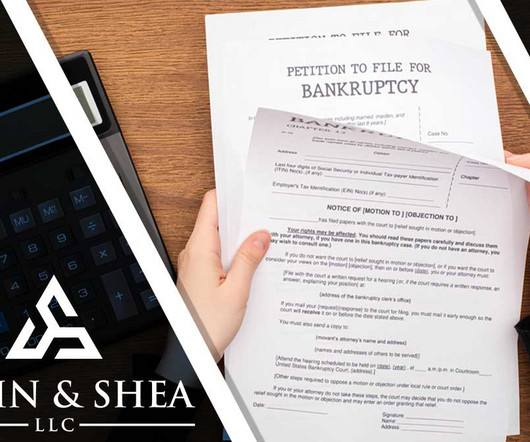
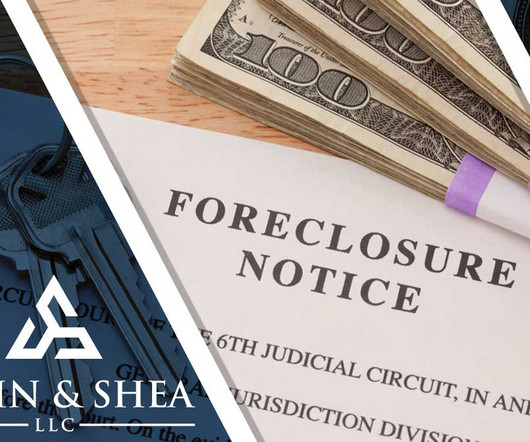


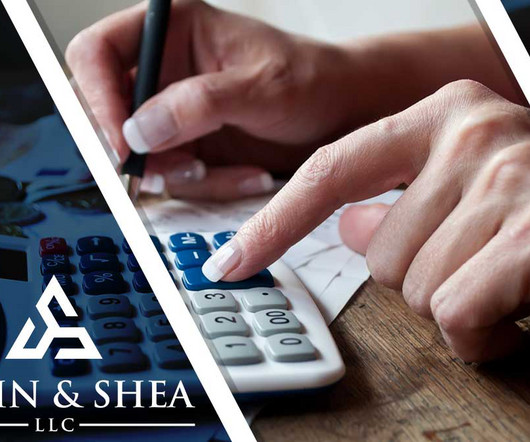


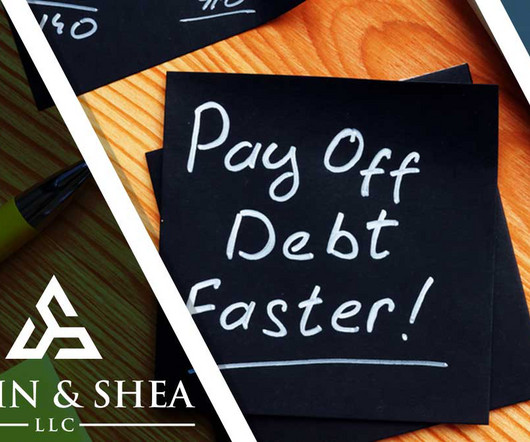
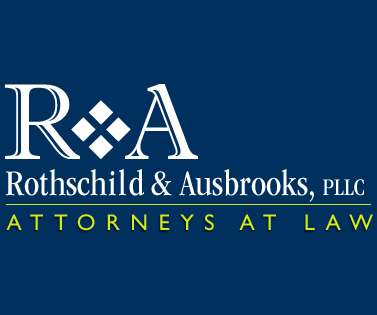




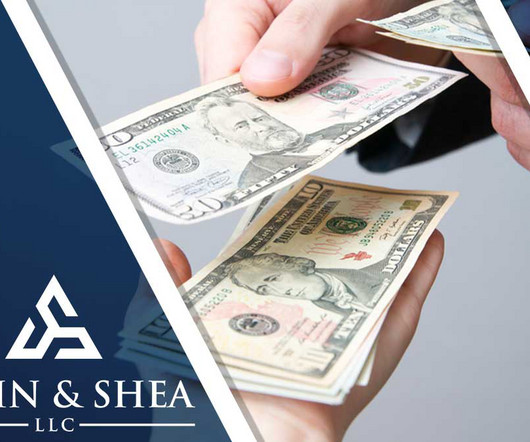







Let's personalize your content